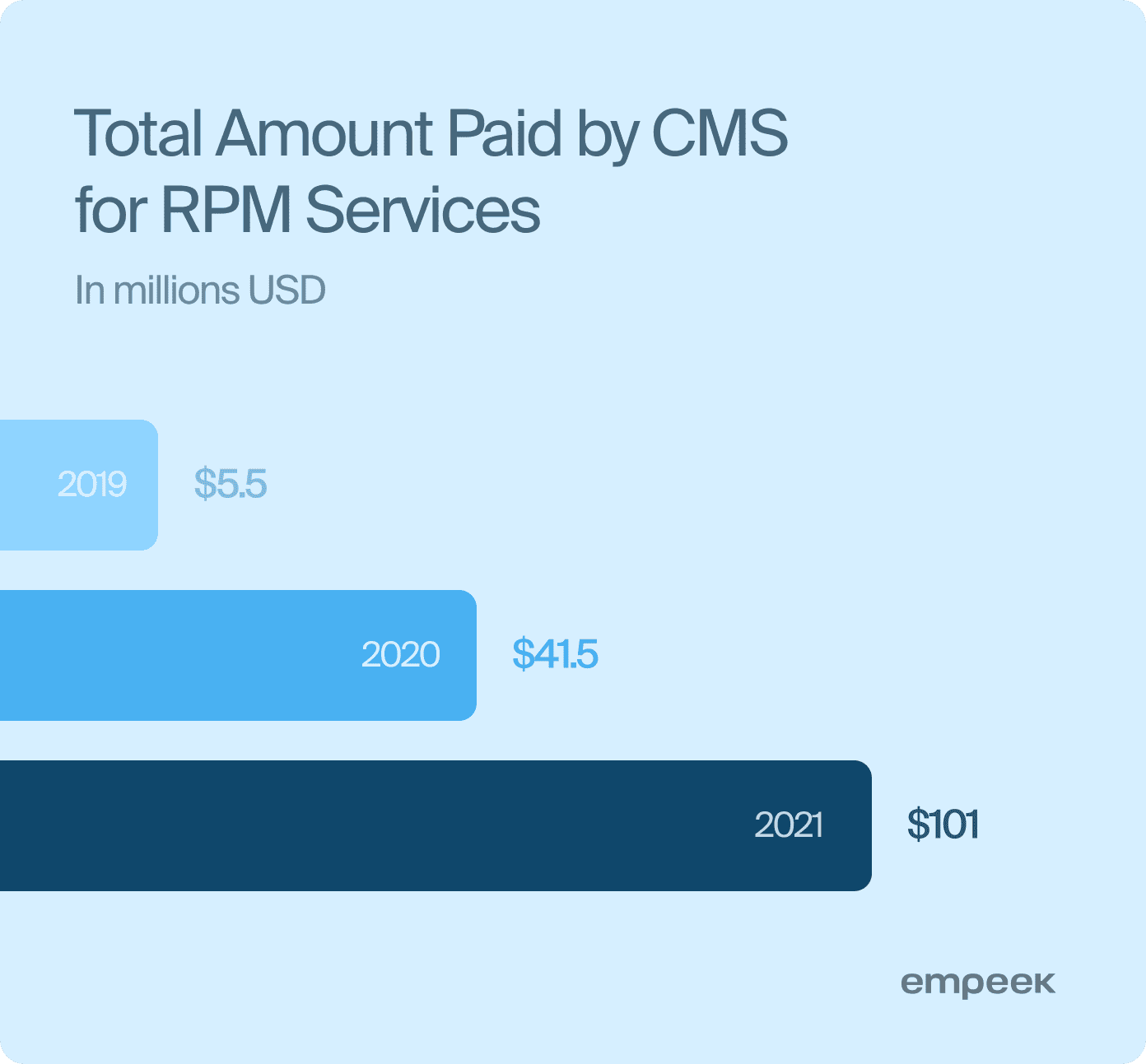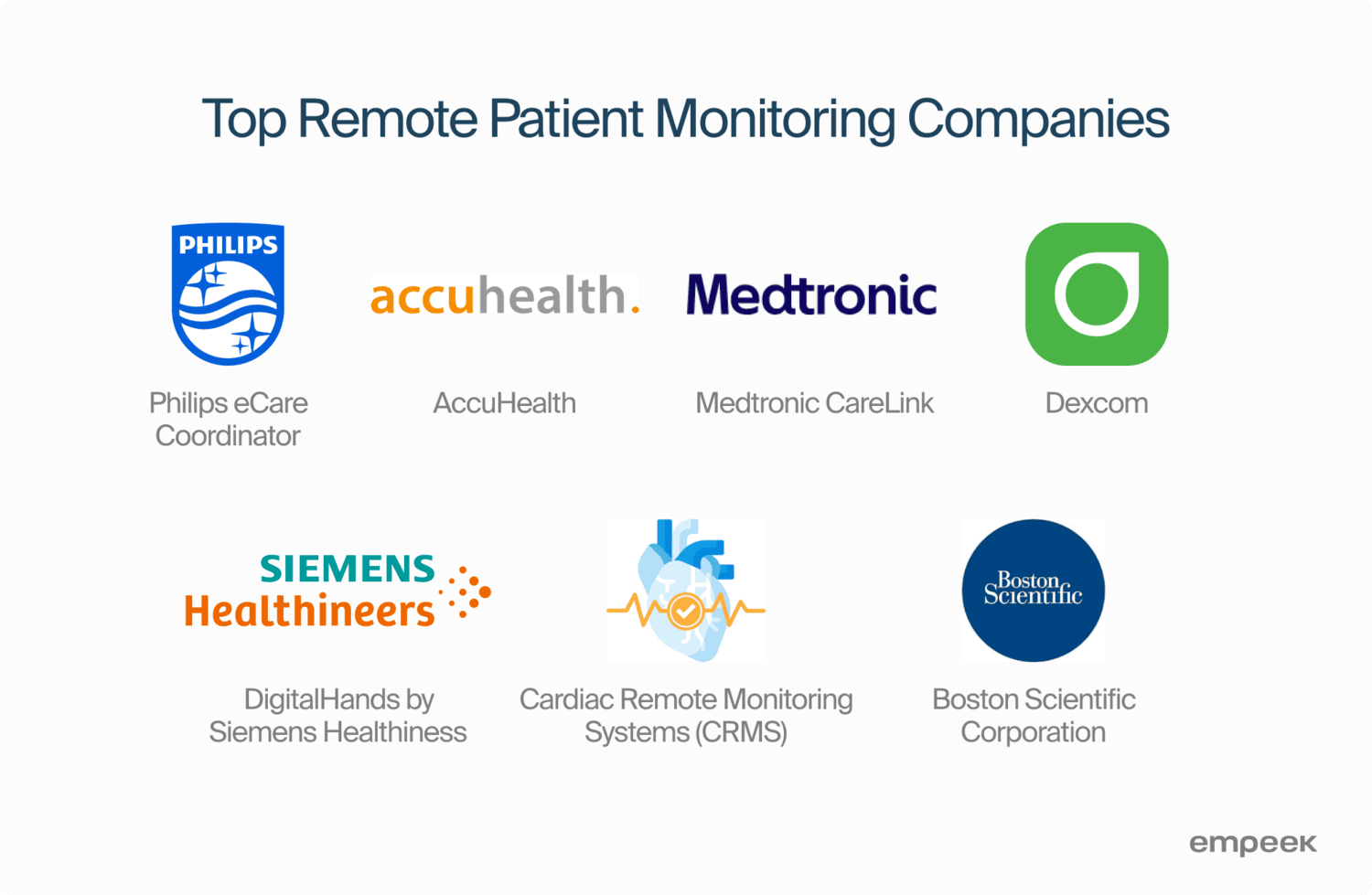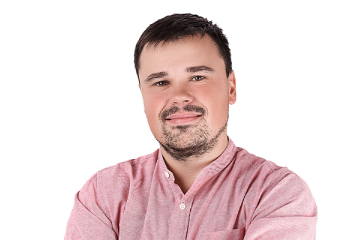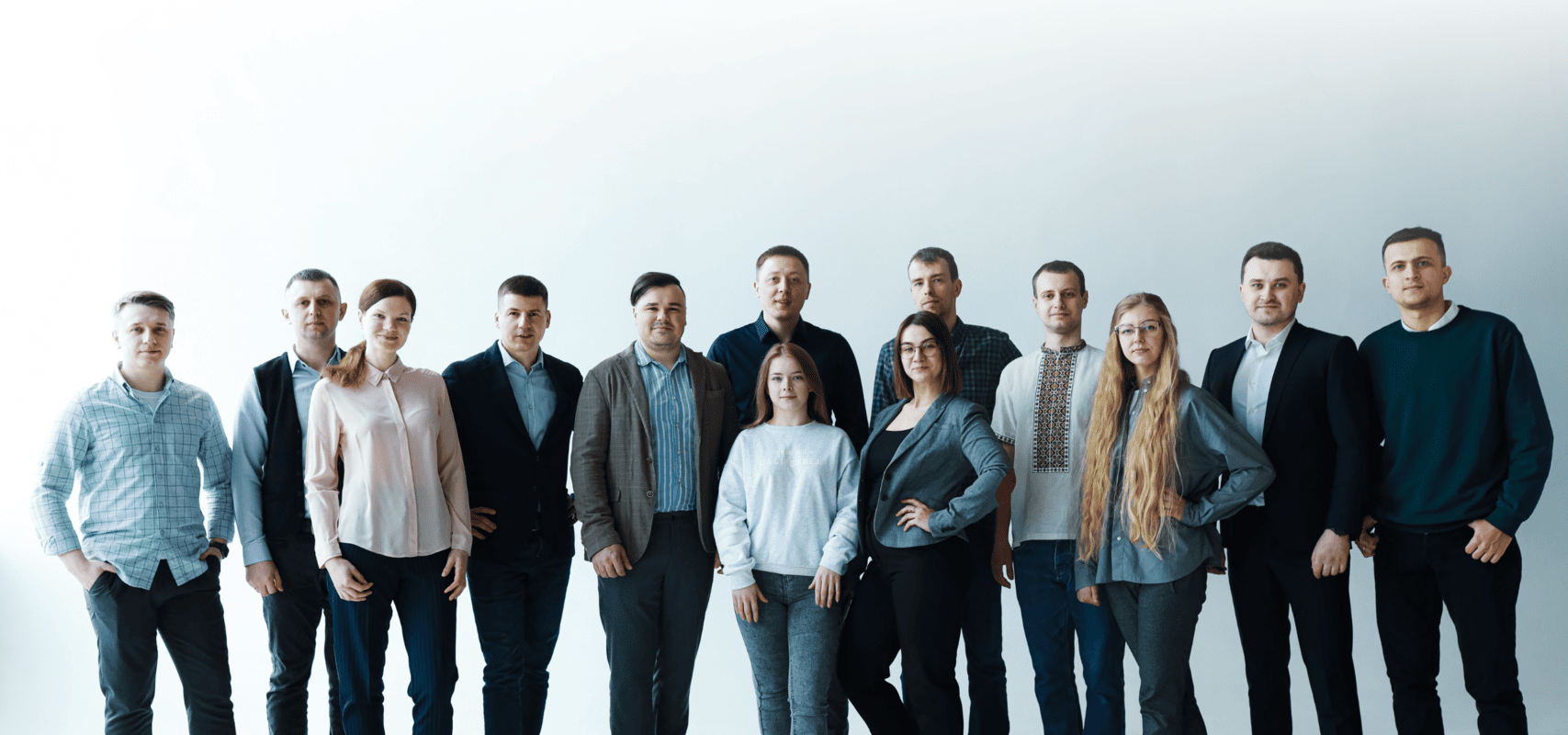Remote patient monitoring (RPM) solutions expand patients’ access to medical care outside of clinics or hospitals. With real-time data in patient care and advanced analytics, RPM enables healthcare providers to monitor, evaluate and report on a patient’s conditions.
Research by the National Center for Biotechnology Information (NCBI) reveals the total amount paid by CMS increased almost 9-fold, from $5.5million in 2019 to US $41.5 million in 2020. In 2021, a further 2.5-fold increase was recorded totaling more than US $101 million annually, reflecting a growing demand for remote patient monitoring services.

As technology evolves, RPM companies use AI, wearable devices, and integrated platforms to solve critical healthcare challenges and refine clinical workflows.
In this guide we highlight the top remote patient monitoring companies to watch in 2024, showcasing their innovative RPM solutions, unique features and capabilities.
The Growing Need for Remote Patient Monitoring
Remote patient monitoring services offer continuous management of long-term diseases such as diabetes, hypertension, heart disease, and COPD. With an aging population, and increase in chronic diseases, the push for cost-effective care models speed up the wide adoption of RPM solutions. Data from Grand View Research forecasts the RPM market to expand at a compound annual growth rate (CAGR) of 18.6% from 2024 to 2030, potentially surpassing $117 billion by 2030.
Why does this happen? Nowadays, we witness how millions of people use advanced wearable devices, how companies integrate AI and machine learning for predictive analytics. We observe how telehealth companies provide continuous, data-driven patient care outside traditional settings. And what is more important, patients are comfortable to use it.
Latest Tech Advances in Remote Monitoring Solutions
Recent advancements in remote patient monitoring focus on non-invasive, continuous monitoring technologies that deliver real-time, accurate insights. Wearable biosensors now capture vital signs like heart rate and blood oxygen levels without requiring patient input. Nanomaterial-based flexible electronics improve sensor sensitivity and reduce power needs, allowing longer wear and greater comfort. These devices transmit data directly to healthcare providers, expanding RPM’s use in chronic disease management and high-risk pregnancies. They cut hospital visits and ensure patients stick to treatment plans.
Studies show AI compatible RPM software process datasets from RPM devices and identifies patterns human eyes might miss. With Machine learning models that predict acute events like heart failure days before they occur, prompting swift interventions. RPM converges with 5G and beyond-5G (B5G) networks to open new possibilities. These networks enable rapid, low-latency data transmission for continuous, real-time monitoring, especially in underserved areas. Researchers explore how these networks power RPM systems with virtual and augmented reality for remote consultations and procedures. This blend of technologies could redefine telehealth, letting specialists direct complex treatments from afar and ensuring consistent, top-tier care where healthcare access remains scarce.
Top 7 Remote Patient Monitoring Companies and Innovative Solutions They Offer
The potential of remote patient monitoring solutions in the healthcare sector makes it a rapidly evolving attraction for several companies. Below is a curated list of top RPM vendors, their innovative services, unique features, and impact on the health of patients:
- Philips eCare Coordinator
- Accuhealth
- Medtronic CareLink
- Dexcom
- DigitalHands by Siemens Healthiness
- Cardiac Remote Monitoring Systems (CRMS)
- Boston Scientific Corporation

Philips eCare Coordinator
The Philips eCare Coordinator platform allows clinicians to remotely monitor patients with heart failure, chronic obstructive pulmonary disease, and diabetes mellitus. The platform prioritizes populations so clinicians can identify and provide care to patients at highest risk of readmission. It also supports multidisciplinary collaboration and delivers detailed review of all patient interactions.
Patients have an eCare app that provides secured access to the platform, the app sends reminders of health tasks, and they can view their recent vital trends. The eCare coordinator allows a two-way life video between patients and specialists, and comprehensive log of past and present interactions.
Philips Healthcare is a multinational corporation with services extending to radiology, pathology, cardiology, and sleep and respiratory medicine services. This benefits patients by providing integrated care when needed.
Accuhealth
Accuhealth provides both hardware solutions (medical devices, wearable sensors, and home monitoring kits) and software solutions (patient portal, apps, and healthcare provider dashboard).
Their remote patient monitoring platform can integrate with EHR systems and uses a 4G cellular network. They have an on-demand virtual clinic that automatically records and stores all interactions. Their medical devices offer twenty-four hours of clinical monitoring, which helps reduce hospital visitations and improve patient outcomes.
Accuhealth tends to over 104,252 unique patients, helped avoid about 16,804 hospital visitations and has saved over 231 million dollars in Medicare. (Source).
Medtronic CareLink
The Medtronic CareLink network allows regular and effective monitoring of patients with implanted cardiac devices, pacemakers, and cardiac resynchronization therapy defibrillators. Their flexible Carelink software can integrate with several Medtronic devices. It provides detailed data on cardiac activity and triggered episodes of cardiac dysfunction (through their care alert notifications). They have a CareLink mobile app for clinicians to easily receive and review care alert notifications, enabling prompt intervention. Besides remote cardiac monitoring, the software monitors and compiles glucose and insulin pump data for diabetic patients.
Cardiac RMS by Docgo
Cardiac Remote monitoring solutions are helpful in patients with hypertension and heart failure. Their devices (implantable cardiac devices, pacemakers, and loop recorders) are connected to advanced cloud-based management software.
The cloud-based management and reporting system with Electronic Health Records and Health Level 7 integration (EHR/HL7 integration) promotes centralized data access, seamless data integration, streamlined operations, and efficient patient monitoring.
Cardiac RMS also provide certified and dedicated cardiac device specialists and arrhythmia specialists who can function as an extension of the clinician staff, this has improved patient outcomes. Over 10,000 transmissions of results and 3,000 reports have been recorded. There has also been a 60% reduction in clinical staff burden. (Source).
Dexcom G6 Continuous Glucose Monitoring
Dexcom G6 CGM is the first real-time integrated continuous glucose monitoring system that supports the management of Type I and Type 2 diabetes mellitus in patients over two years. The setup consists of a wearable sensor applied under the skin that lasts up to ten days. The sensor monitors glucose levels in interstitial fluid and transmitted. It has a built-in alert system for deranged values and can also work with a range of connected insulin pens and a hybrid closed-loop system. The remote patient monitoring app has a protective alert system, such as the urge low soon alert, to help detect extremely low glucose levels. The app is available in English and Spanish on compatible smart devices.
Dexcom G6 CGM is clinically proven to reduce HbA1c, hyperglycemia, and Hypoglycemia. Users on multiple daily insulin injections show an average 1% HbA1c reduction for Type I diabetes after 24 weeks of regular use and a 1.4% HbA1c reduction for Type 2 diabetes after 10-14 weeks of regular mealtime insulin use.
DigitalHands Remote Monitoring Solutions by Siemens Healthiness
Siemens Healthiness offers patients and clinicians a solution that is independent of specific platforms, operating systems, and other technology to function. Their service integrates and functions seamlessly across different systems. It helps patients with diseases like asthma, other chronic obstructive pulmonary disease (COPD), congestive cardiac failure, diabetes mellitus, mental health, and obstetric care. It comprises a medical device, a threshold engine tool, and an intervention alert system using interactive questionnaires. The medical device can be delivered as a preconfigured kit containing a blood pressure apparatus, thermometer, blood glucometer, body scale, peak flow meter, and activity trackers. The threshold engine allows clinicians to set predefined limits and trigger real-time alerts when limits are exceeded or fall below the threshold.
The platform has an easy-to-access, user-friendly interface and can carry out automatic triage based on threshold values. Clinicians can configure the software to any protocol of their choice.
Boston Scientific
Boston Scientific remote monitoring solutions provide automatic and daily monitoring for patients with implanted devices (pacemakers, defibrillators (ICD), and cardiac resynchronization therapy (CRT) devices). These devices have physiologic sensors with high sensitivity that can detect subtle changes in cardiac electrical activity and low alert burden that reduces the chances of false alarms. Their platform is secure and provides convenient access to patients and clinicians.
The Boston Scientific app is user-friendly and designed to improve compliance. It monitors cardiac status and defective devices and can troubleshoot in certain cases.
Empeek for RPM Software Development Services
Empeek develops remote patient monitoring (RPM) software that helps healthcare providers cut costs, simplify operations, and elevate patient care. A team of Business Analysts, Designers, Project Managers, Developers, QA specialists, and DevOps experts guides each project from concept to market launch and continuous growth. Our work on a mobile cardiac telemetry system with an ECG patch and app shows how our solutions enable effective monitoring and data flow, reducing the need for in-person check-ups and enhancing patient engagement.
Empeek delivers remote monitoring solutions that integrate with various Electronic Health Records (EHR) systems and medical devices. These solutions include vital signs monitoring systems, telehealth platforms, and healthcare apps that support better population health management. By applying predictive and real-time data analytics, we enable early detection and timely intervention, which enhances patient outcomes. Empeek focuses on innovation, functionality, adaptability, and scalability to create RPM software for remote patient monitoring vendors that meets the evolving demands of the healthcare industry.
Conclusion
Remote health monitoring services reshape healthcare with a proactive approach that enhances care quality, reduces costs, and supports patient engagement. By using real-time data and advanced analytics, RPM allows providers to manage chronic conditions effectively and cut hospital admissions by up to 30%, as noted by the National Center for Biotechnology Information. Innovations like AI, wearable devices, and 5G networks push RPM forward, enabling early interventions and efficient clinical workflows that address critical healthcare needs.
Leading RPM companies like Philips Healthcare, Accuhealth, Medtronic, Dexcom, Siemens Healthineers, Cardiac RMS, and Boston Scientific drive RPM’s evolution. Each company offers unique remote monitoring services that integrate with existing healthcare systems and provide tools that improve patient monitoring, data accuracy, and care coordination. These technologies create a foundation for more responsive, scalable, and value-driven healthcare, paving the way for future advancements that prioritize patient outcomes and streamlined operations.
Looking to develop tailored RPM solutions that fit your patients needs?
Empeek offers end-to-end software development services. Partner with us to leverage cutting-edge technology, enhance patient care, and drive better healthcare outcomes.








